Description
Without having much social capital in higher education, first-generation students must navigate and make sense of the norms, as well as the explicit and implicit expectations of the higher education culture.
Home » First Generation Students – Social Capital
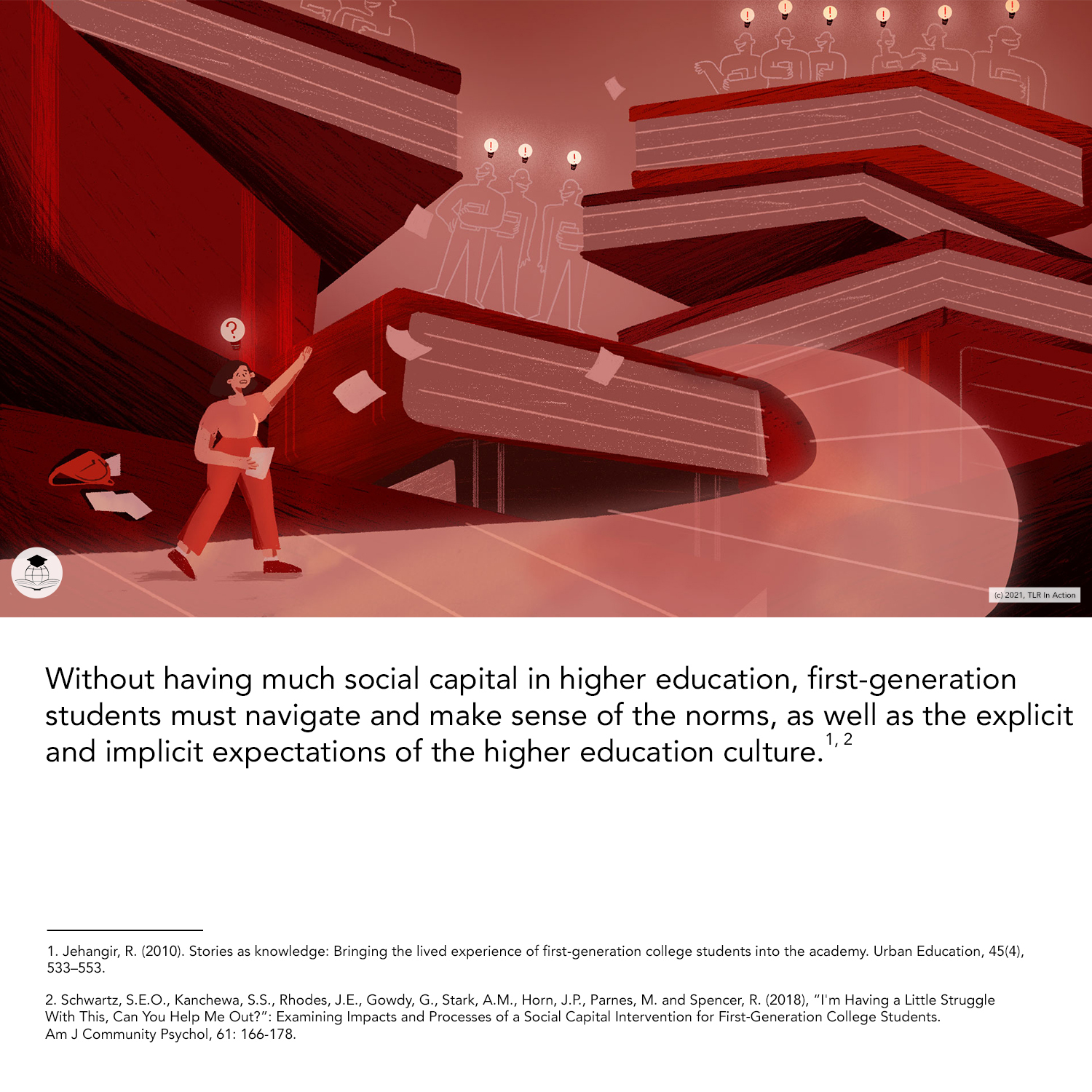
Without having much social capital in higher education, first-generation students must navigate and make sense of the norms, as well as the explicit and implicit expectations of the higher education culture.
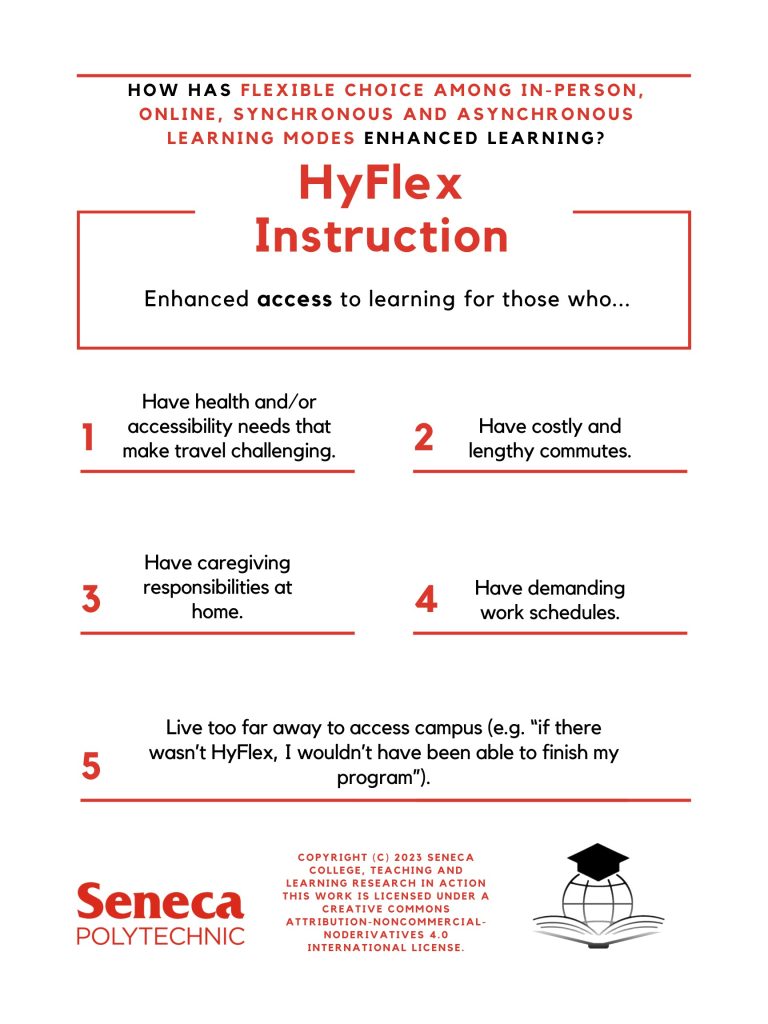
Learn how HyFlex instruction enhanced access to learning from students and learners
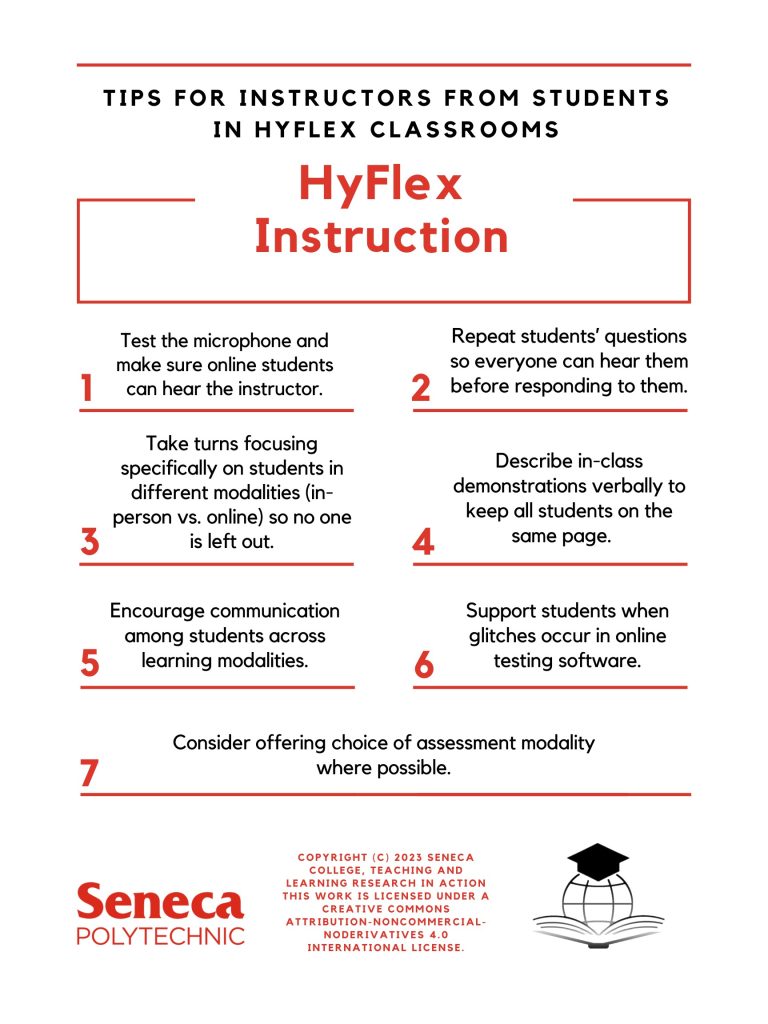
Test the microphone and make sure online students can hear the instructor.
Repeat students’ questions so everyone can hear them before
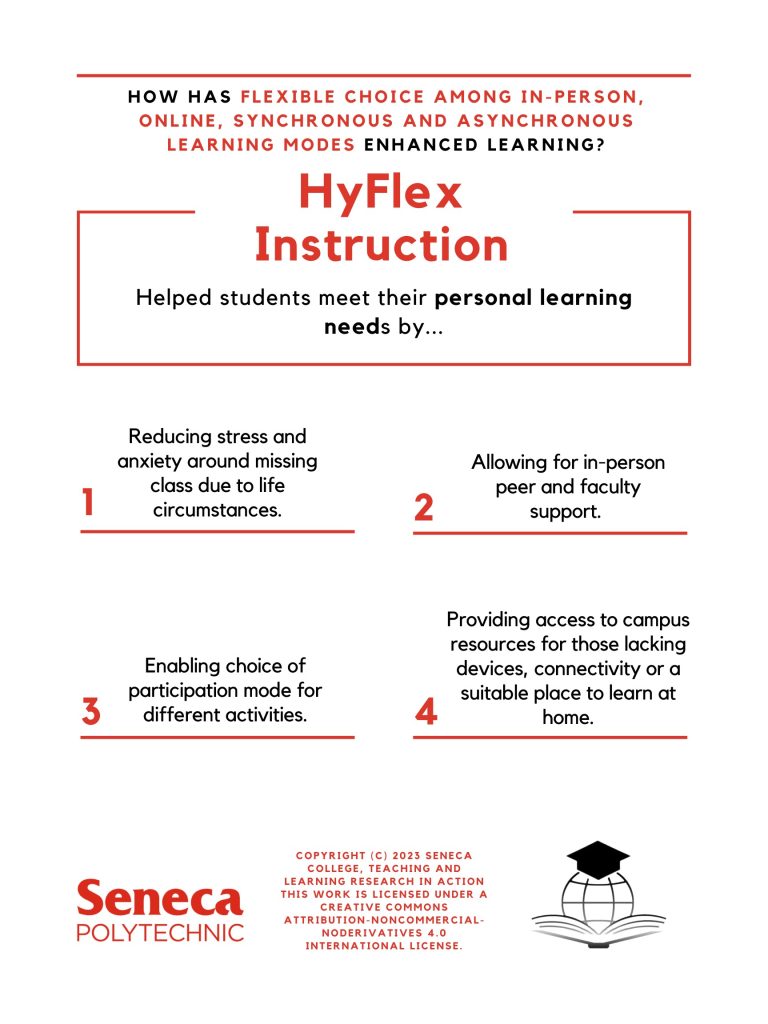
HyFlex Instruction helped students meet their personal learning needs by
Reducing Stress and anxiety around missing class due to life circumstances
Allowing

First-generation students are more likely to turn to online sources for help when faced with academic challenges, instead of reaching
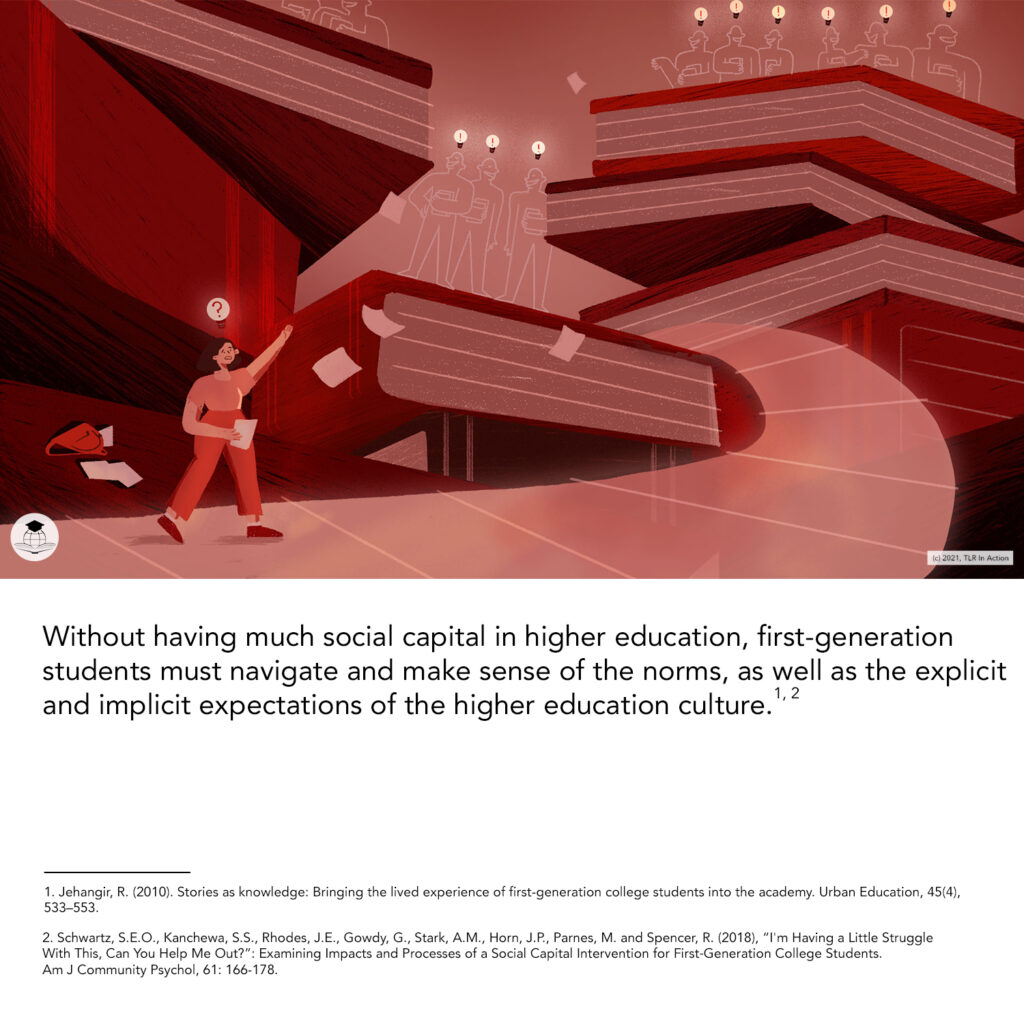
Without having much social capital in higher education, first-generation students must navigate and make sense of the norms, as well
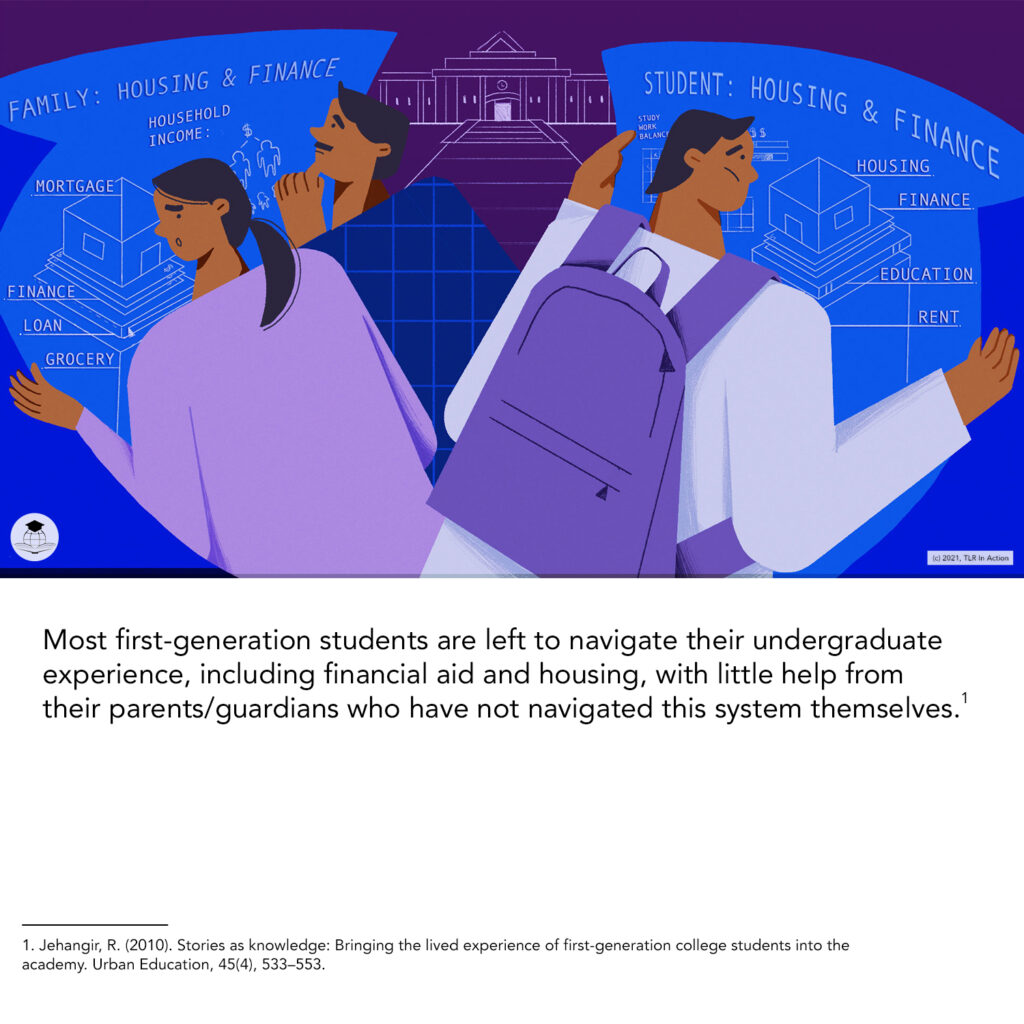
Most first-generation students are left to navigate their undergraduate experience, including financial aid and housing, with little help from their

With a background in experimental psychology and cognitive neuroscience of memory and learning, she teaches a variety of psychology courses at an undergraduate level, including cognition, research methods, and introduction to psychology. Alice’s research is focused on factors that impact student’s learning trajectories, including student engagement, experimental education, and application of cognitive learning principles in course design. Much of Alice;s Research focuses on student faculty partnerships that foster the co-creation of learning and teaching. In addition to her teaching and research, Alice also serves as co-editor for the Canadian Journal for the Scholarship of Teaching and Learning.